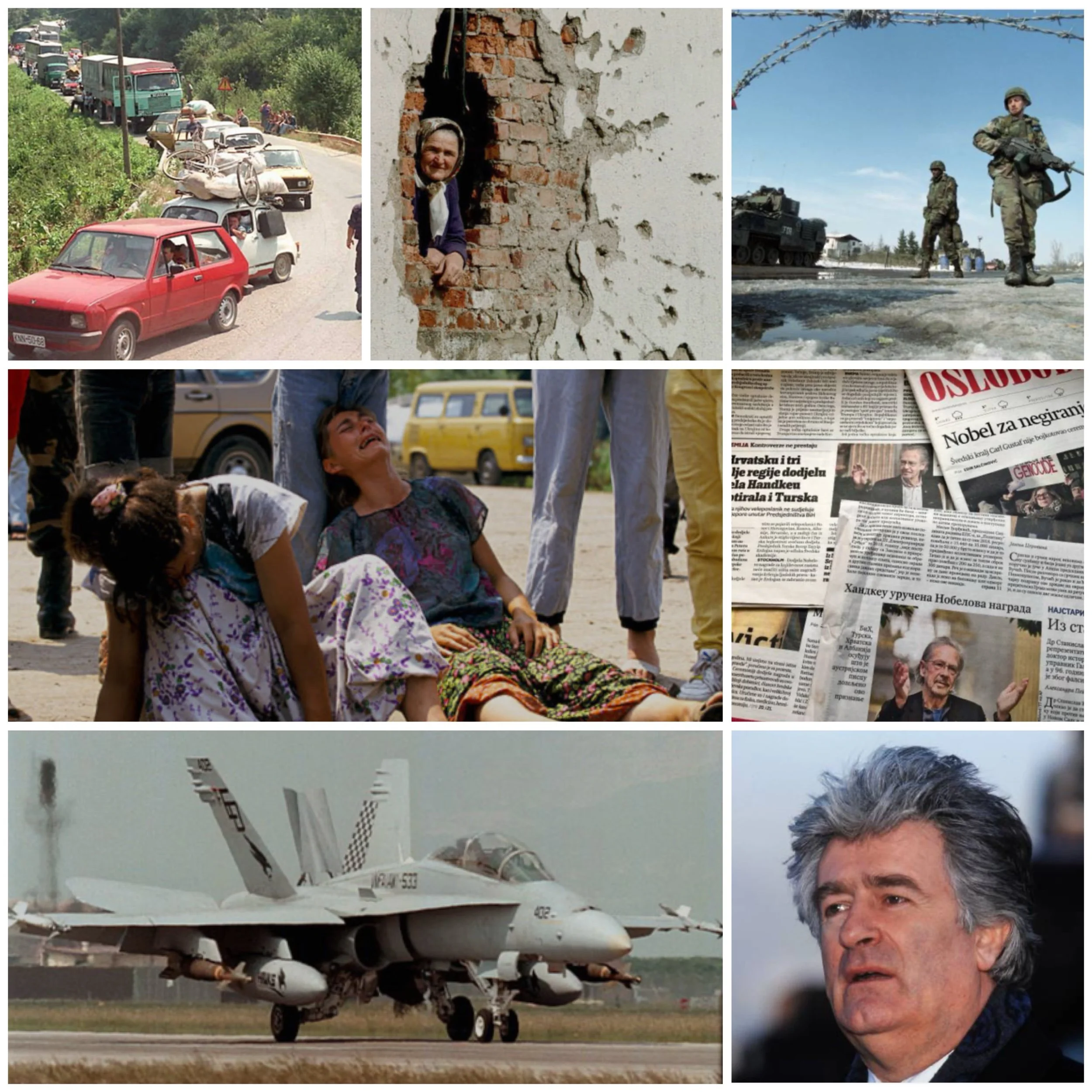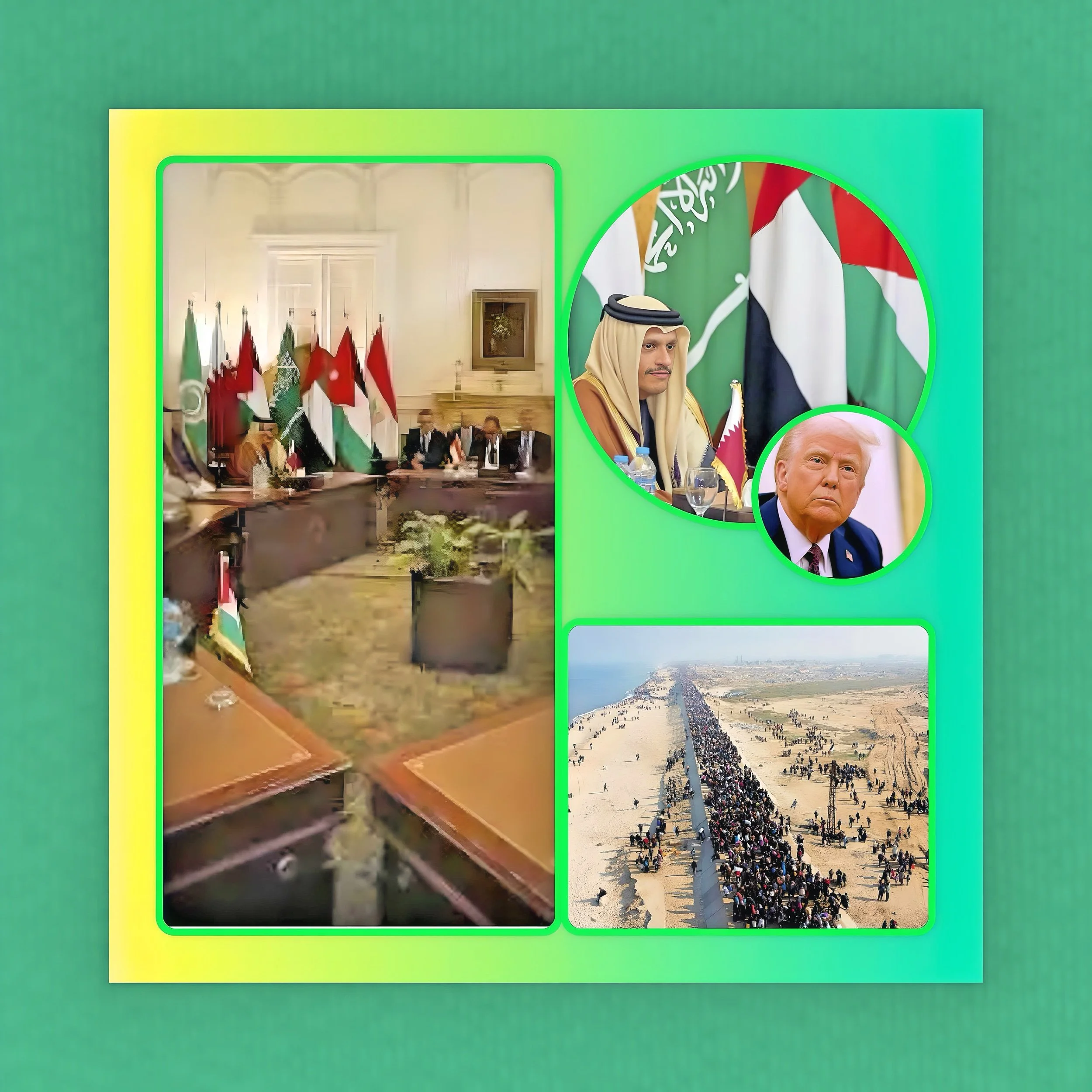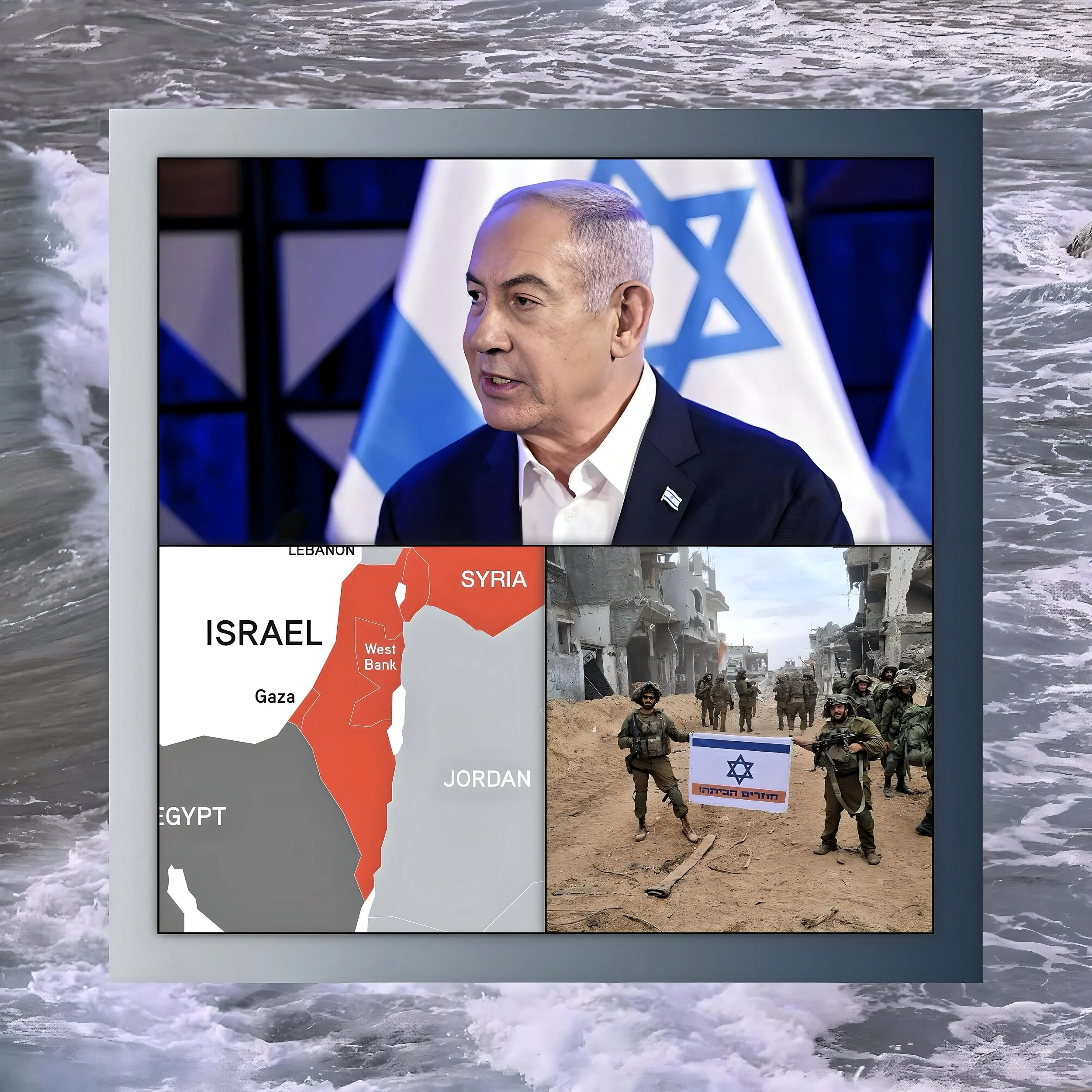What are real reason Israel wants to ban UNRWA
Introduction
The recent decision by Israel to ban the United Nations Relief and Works Agency for Palestine Refugees in the Near East (UNRWA) is rooted in a complex interplay of political, historical, and humanitarian factors. While Israel cites security concerns and allegations of Hamas infiltration within UNRWA as primary justifications, deeper motivations appear to be at play.
Security Concerns and Allegations
Israel’s government has accused UNRWA of harboring employees linked to Hamas, particularly following the October 7, 2023, attacks that resulted in significant Israeli casualties. Israeli officials claim that approximately 10% of UNRWA’s staff are affiliated with Hamas, with some allegedly involved in the attacks themselves. This led to a broader narrative that UNRWA is compromised and cannot be trusted to provide humanitarian aid without facilitating terrorist activities.
In response to these allegations, Israel’s Knesset passed legislation that not only bans UNRWA from operating within Israeli territory but also prohibits any interaction between Israeli officials and the agency. This effectively cripples UNRWA’s ability to function in both Gaza and the West Bank, where it plays a crucial role in delivering aid and services.
Historical Context and Political Motivations
Beyond immediate security concerns, the ban on UNRWA can be viewed through the lens of Israel’s long-standing opposition to the agency’s existence. Established after the 1948 Nakba, UNRWA has been pivotal in providing essential services—education, healthcare, and emergency relief—to millions of Palestinian refugees.
A significant aspect of Israel’s opposition stems from UNRWA’s policy allowing refugee status to be passed down through generations, which perpetuates claims for a right of return to ancestral lands now within Israel.
By dismantling UNRWA or severely limiting its operations, Israel aims to undermine Palestinian claims to refugee status and their aspirations for statehood. This aligns with broader Israeli strategies that seek to diminish international recognition of Palestinian rights and aspirations for self-determination.
Humanitarian Implications
The implications of this ban are dire for Palestinians, particularly those in Gaza who rely heavily on UNRWA for basic needs. The agency serves as a lifeline for many families, providing food assistance, healthcare, and education. With Israel’s prohibition on UNRWA’s operations, humanitarian experts warn that this could lead to catastrophic outcomes, including widespread famine and a collapse of essential services.
UNRWA itself has cautioned that without its presence and operational capacity in Gaza, the humanitarian crisis will escalate dramatically. The agency has been instrumental in managing emergency shelters and health facilities during ongoing conflicts.
Conclusion
In summary, while security concerns regarding Hamas infiltration provide a surface rationale for Israel’s ban on UNRWA, underlying historical grievances regarding Palestinian refugee status and national identity play a significant role. The move reflects a strategic effort by Israel to reshape the narrative around Palestinian refugees while simultaneously exacerbating an already critical humanitarian situation in Gaza.






